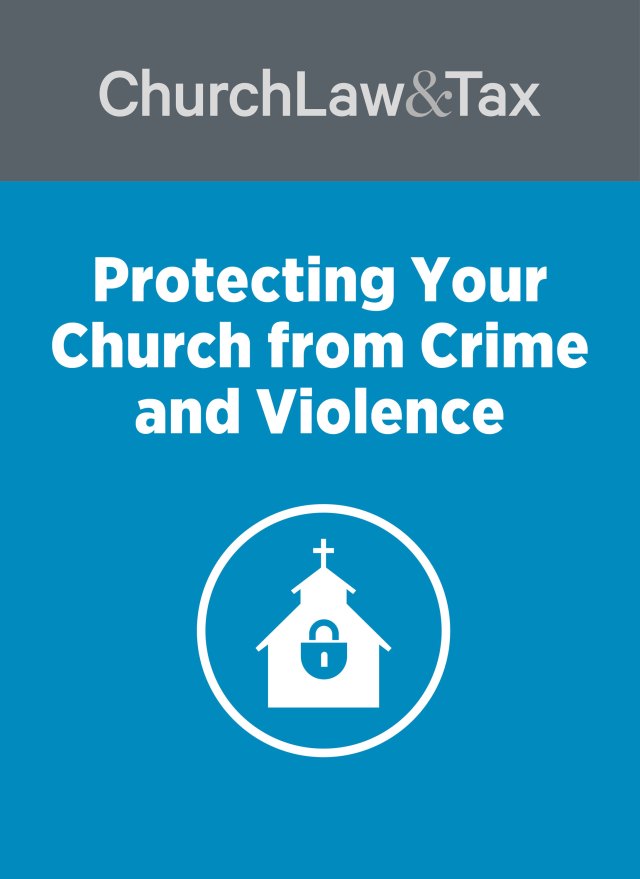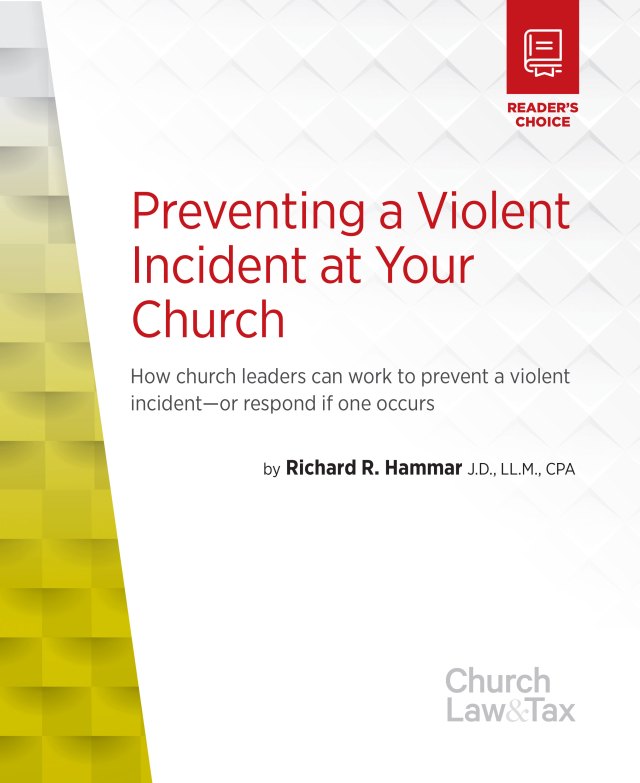Editor’s Note: On September 15, 2022, President Biden hosted the United We Stand Summit at the White House. The event addressed hate-motivated violence, including acts targeting various faith traditions. The President unveiled several new agencies and initiatives designed to address the violence, including efforts involving leaders from faith communities. Along with a fact sheet, the White House released the full text of President Biden’s remarks.
This article has been updated with more recent statistics and information.
The Anti-Defamation League (ADL) was founded in 1913 with two parts to its mission: fighting anti-Semitism and all forms of hate. While ADL is a historically Jewish organization, its mission has always been to protect the rights of not only the Jewish community, but of all communities—and, in essence, our democracy as a whole. Increasingly, ADL is working to ensure that their security resources and expertise, developed while working with the Jewish community, are available to communities of different faiths, protecting all who are potentially vulnerable. In 2017, Church Law & Tax spoke with Elise Jarvis, ADL’s Associate Director of Law Enforcement Outreach and Communal Security, about hate crimes that target houses of worship and what religious communities can do for protection and prevention.
What trends have you seen in the crimes that target religious properties?
The most recent
hate crime statistics released by the Federal Bureau of Investigation (FBI) show more than 1,600 incidents reported in 2019 were religiously motivated. Of these, the largest group targeted was Jewish (60.3 percent), followed by Muslim (13.3 percent), followed by Catholic (4 percent). Incidents targeting Protestant houses of worship ranked eighth on the list (1.5 percent).
Non-violent hate crimes, such as vandalism or graffiti, are much more common than violent hate crimes, such as assaults.
What are the most common types of preventative, proactive measures that ADL prescribes for houses of worship?
A lot of what we do with security training is security awareness: making sure that institutions have security plans in place in case of emergency, that they have done appropriate training for their staff, and that they’re being proactive in terms of reaching out to law enforcement personnel and establishing relationships with their local police department and the FBI. You never want your first call to law enforcement to be a 911 emergency call. Establishing a relationship in advance is highly recommended.
[We also want] to make sure they are thinking of access control: monitoring who is entering their facilities is extremely important.
[We are also] making sure they are aware of suspicious activity indicators—what to look out for, and what to do if somebody is exhibiting suspicious behavior. We want to make sure they’re aware of what to do if they receive a threatening phone call, a bomb threat, suspicious mail, threatening mail, [or] threatening emails, and that they have drilled on evacuation plans and shelter-in-place plans. Staff also must be aware of what to do in cases of a serious emergency, such as an active shooter incident.
[It’s] everything from day-to-day operations, access control, mailroom security, thinking about computer and data—what you are putting online about your institutions, what information you’re making available—as well as how you are securing the information that you hold on membership (for institutions that have membership lists): credit card information, or SSNs, or other similar data.
We are not here to tell institutions how to operate or to make decisions for them. We want to provide them with security recommendations and considerations and empower them to make decisions for themselves. When it comes to security guards, for example, we’re not going to tell an institution whether to hire armed guards or unarmed guards. We’ll give you considerations for each option—what are the benefits of each, what are things to think about—and then let each institution decide what would work best for them. Every institution is different in terms of budgetary considerations, and we really emphasize the fact that it’s not just about investing in expensive technology, but really about awareness and knowing what to look out for and what to do if you encounter something that does not seem right to you. As human beings, it is a temptation and a natural tendency to want to explain away suspicious behavior and assume it’s nothing. But if something seems alarming to you, you shouldn’t try to rationalize it or explain it away. Instead, let the police look into it, and let them determine whether it’s innocuous or not.
We obviously want [an institution] to be a warm and welcoming environment, but at the same time, we want to be able to identify when there are individuals who may not be there with the best of intentions.
Have you encountered instances of unawareness, in which a church might not think of itself as a target?
Lots of institutions assume they are safe and adequately protected, and that assumption can lead to vulnerability. Sometimes leaders of an institution think of security as too expensive, excessive, or unnecessary, until one day they discover it’s not. We’re trying to avoid that. There are folks who are hostile to religion. So really, any religion may find itself in some way vulnerable.
What is one statement of awareness you would like our readers to know?
It is important to establish relationships with law enforcement and have awareness when it comes to security. Have a constant state of vigilance: don’t be either panicky or completely complacent, but keep security in mind when it comes to your day-to-day operations. Good planning, regular training, a “see something, say something” mindset, and common sense are some of the most important ingredients to being secure.





